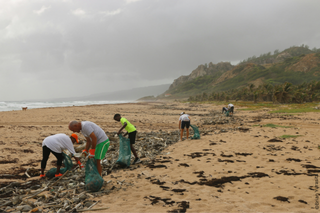As part of the ‘Jeckenstudie’, researchers Paula Steinhoff, Lea Ellwardt and Maya Wermeyer from the Institute for Sociology and Social Psychology (ISS) conducted qualitative interviews with 28 members of local associations in Germany aged between 45 and 80. These members created personal network maps to visually capture the people and organisations most important to their well-being. This approach revealed the complex interactions between volunteering and social networks in improving quality of life.
Participants reported that their volunteer roles offered more than just social interaction – they gave them a new sense of purpose. Many participants also found that volunteering eased the transition from employment to retirement. The results suggest that promoting low-threshold volunteering can be an effective strategy for improving mental health and social cohesion in middle and older age.
